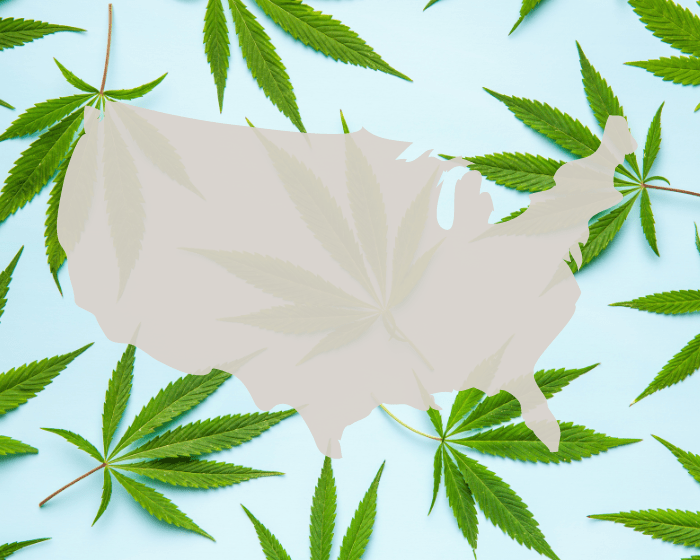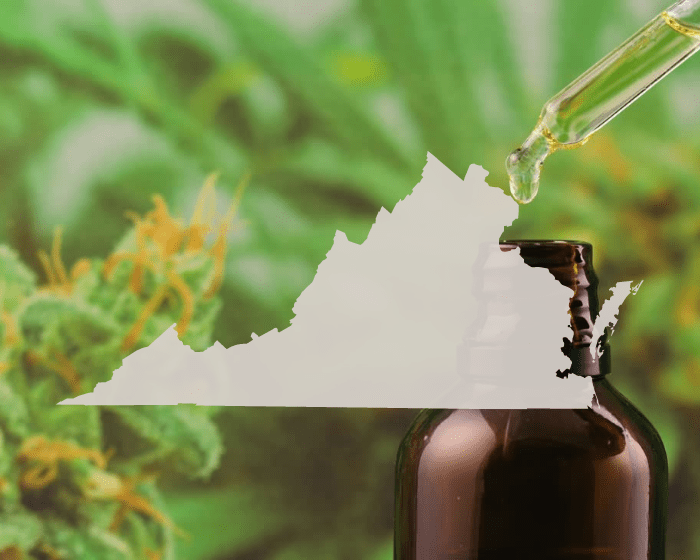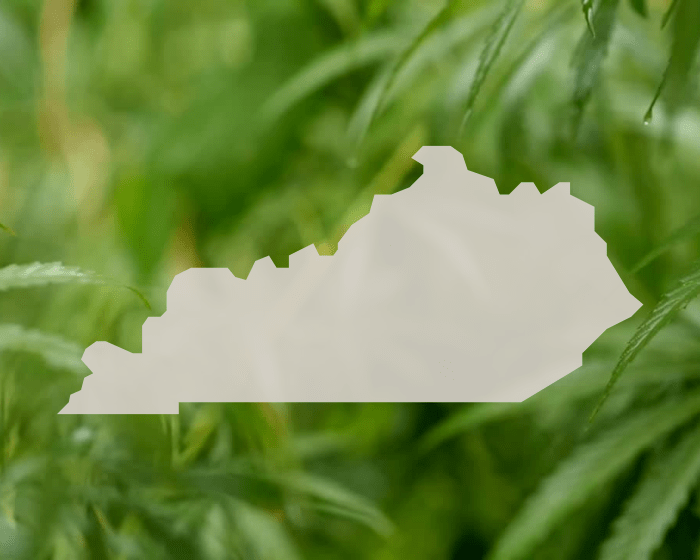One advocacy group says without changes, the bill’s passage would hurt the hemp industry.

When Senate leaders introduced a bill in July aimed at ending the federal prohibition on high-THC cannabis, many in the hemp industry believed it represented a step forward for hemp too.
But the U.S. Hemp Roundtable, a national hemp advocacy organization, said last week that unless the bill is changed it could hurt the hemp industry. The organization appears to be working cooperatively with lawmakers to tweak the bill’s language.
Jonathan Miller, general counsel for the Roundtable, sent a letter August 5 to the lead sponsors of the Cannabis Administration Opportunity Act — Chuck Schumer, Ron Wyden, and Cory Booker — outlining the group’s concerns and recommending changes to the proposed legislation.
“[W]hile much of the proposed legislation would advantage hemp commerce,” Miller wrote, “progress for the industry would be significantly undermined by a few of the provisions in the legislation as introduced.”
“While much of the proposed legislation would advantage hemp commerce, progress for the industry would be significantly undermined by a few of the provisions in the legislation as introduced."
— Jonathan Miller, General Counsel, U.S. Roundtable
Miller highlighted the organization’s two key concerns:
Lowering the THC Limit for Hemp
The bill ostensibly aimed to increase the THC threshold in hemp from a concentration of 0.3 percent by dry weight to 0.7 percent, according to reporting by Marijuana Moment.
But the Roundtable said language imposing a limit of 1 milligram THC per 100 grams (dry weight basis) for hemp products would translate to a 0.001% total THC limit.
“This is an arbitrary and unrealistic standard,” Miller wrote. “No full spectrum or broad-spectrum hemp extract would qualify, and likely most CBD isolates would be challenged to comply, given the limitations of current testing technology. Indeed, this limit would delegate most, if not all, popular, non-intoxicating CBD and hemp extract products to the adult-use cannabis market.”
“This limit would delegate most, if not all, popular, non-intoxicating CBD and hemp extract products to the adult-use cannabis market.”
— Jonathan Miller, General Counsel, U.S. Roundtable
The bill wouldn’t make the products illegal because, if it’s passed, all cannabis would be federally legal. It would mean, however, that the vast majority of CBD products could no longer be sold at grocery stores or to anyone under 21.
“The proposed THC limit as drafted would impose a devastating setback to a thriving industry,” Miller wrote, “and further limit opportunities for already struggling hemp farmers. Limiting these products to the adult-use cannabis market or otherwise placing heavy restrictions that are merited for intoxicating products could level a death blow to this potential economic progress.”
Miller noted that the Roundtable supports regulations for high-THC cannabis products.
“We believe that intoxicating products should be regulated in adult-use cannabis markets, with retail hemp product sales limited to non-intoxicating substances,” he wrote. “However, in addressing this issue, the CAOA develops a misguided standard for intoxication that would lead to the elimination of the substantial majority of the hemp extract and CBD industry.”
Where’s the line between intoxicating and nonintoxicating products? The Roundtable is encouraged lawmakers to establish a task force of experts to research and develop an evidence-based standard.
CBD Regulations
The Roundtable also expressed concern over future CBD regulations. While the organization supports regulations that would allow CBD to be sold as a dietary supplement, they said the bill’s proposed language would subject hemp-derived CBD to “a uniquely onerous and unprecedented regulatory regime.”
Miller suggested regulating CBD and all nonintoxicating cannabinoids like any other botanical ingredient. Further, the Roundtable would like to see regulations allowing the sale of CBD and other nonintoxicating cannabinoids in food and drink.
Isn’t This Bill a Long Shot?
As previously reported, the Cannabis Administration Opportunity Act is unlikely to pass. However, it will influence future bills, which might draw language verbatim from this one. And since federal decriminalization is considered an inevitability at some point, it makes sense to address any issues now.








































